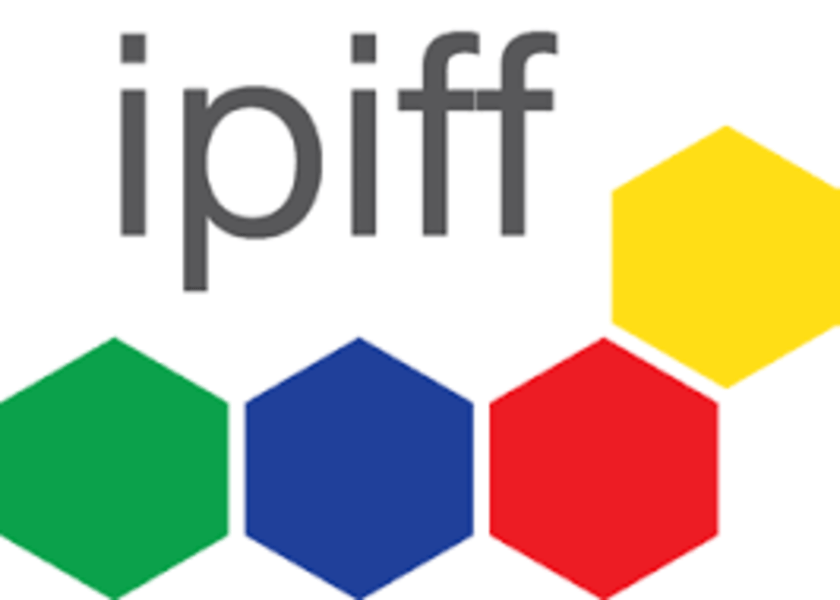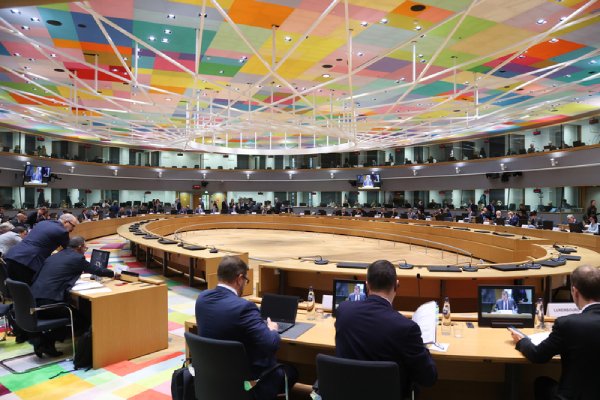IPIFF Press Release
Positive and Strong Signs for the EU Insect Industry
Member States call for a holistic Protein Strategy incorporating diverse protein sources
Insects mentioned in the discussions
Brussels, 15th July — EU Member States have reaffirmed their commitment to developing a comprehensive and inclusive EU Protein Strategy that considers a broad spectrum of protein sources, including insects, signaling promising developments for the insect farming sector.
On 14th July, the Council on Agriculture and Food met to discuss key issues related to proteins for feed and food—focusing on supply, production, and sustainability. While the background document-Proteins for Feed and Food-supply, production and sustainability-primarily emphasised the need to diversify and expand plant-based protein production, recent discussions highlight a shift toward a more inclusive and holistic approach.
Ahead of this meeting, on 9th July, IPIFF published an open letter addressed to the Danish Presidency and shared with all EU Member States. The letter-Insects added value contribution to Europe’s Protein Diversification Strategy must be acknowledged– underscored the importance of adopting a strategy that recognises the vital contributions of various sectors—including insect farming—in enhancing Europe’s protein autonomy, resilience, and sustainability.
Encouragingly, the discussions with the EU Member States, led by the Danish Presidency and the European Commissioner for Food and Agriculture reflected a positive change. Member States expressed a clear consensus that the EU Protein Diversification Strategy must encompass a wide range of protein sources—both animal and plant-based—and prioritise innovative and sustainable options. Insects and algae were referred to as examples.
Furthermore, Member States called for the alignment of the Protein Strategy with the EU Livestock Strategy, fostering an integrated approach to strengthen Europe’s food security and reduce dependency on imports.
Importantly, Member States underscored that no single protein source should be discriminated against. All are vital for achieving EU food security and independence.
They also highlighted the potential of valorising side streams and bioproducts from both animal and plant production, advocating for their upcycling into animal feed within the framework of the EU Circular Economy.
Dutch representatives urged the European Commission to revise current legislation to unlock the full potential of insect farming, which can upcycle food waste into high-quality, sustainable animal feed. They emphasised that regulatory incongruities—such as the absence of a dedicated category for insects—hamper innovation and market development and called for regulatory reform to address these barriers.
Sweden stressed the importance of supporting innovative, sustainable solutions, urging the European Commission to address regulatory obstacles that hinder small companies from bringing new protein sources to market.
Finland echoed these concerns, advocating for faster authorisation processes for novel foods and supportive tools to promote a diverse range of protein sources beyond just plant-based options.
Several Member States emphasised the need for clear, measurable targets at the EU level to increase protein production, coupled with supportive policies such as direct payments.
IPIFF is fully aligned with such a proposal and advocates for the establishment of sustainable binding targets, which should be translated into minimum incorporation rates of innovative and environmentally sustainable protein sources—such as insects—in animal feed.
The majority of Member States agreed on prioritising EU-produced proteins from multiple sources over reliance on international trade deals.
EU Member States called for a coherent policy approach that integrates the Common Agricultural Policy, fisheries, aquaculture, and industrial policies to bolster EU protein self-sufficiency.
Commissioner Christophe Hansen concluded by reaffirming the European Commission’s commitment to incorporating Member States’ views into the upcoming EU Protein Strategy. He emphasised that the strategy will be comprehensive, embracing a diverse range of protein sources and supported at the EU level.
To recall that the EU 2018 Plant Protein Report successfully translated into various support measures under the current Common Agricultural Policy (CAP), including coupled income support, sector-specific interventions, eco-schemes, environmental measures, and investment in the form of subsidies.
The EU insect sector hopes that these ongoing discussions will enable the translation of the upcoming EU Protein Report into similar financial and policy-based incentives under the CAP post-2027—marking the first time insect production is explicitly recognised and supported within this framework.

